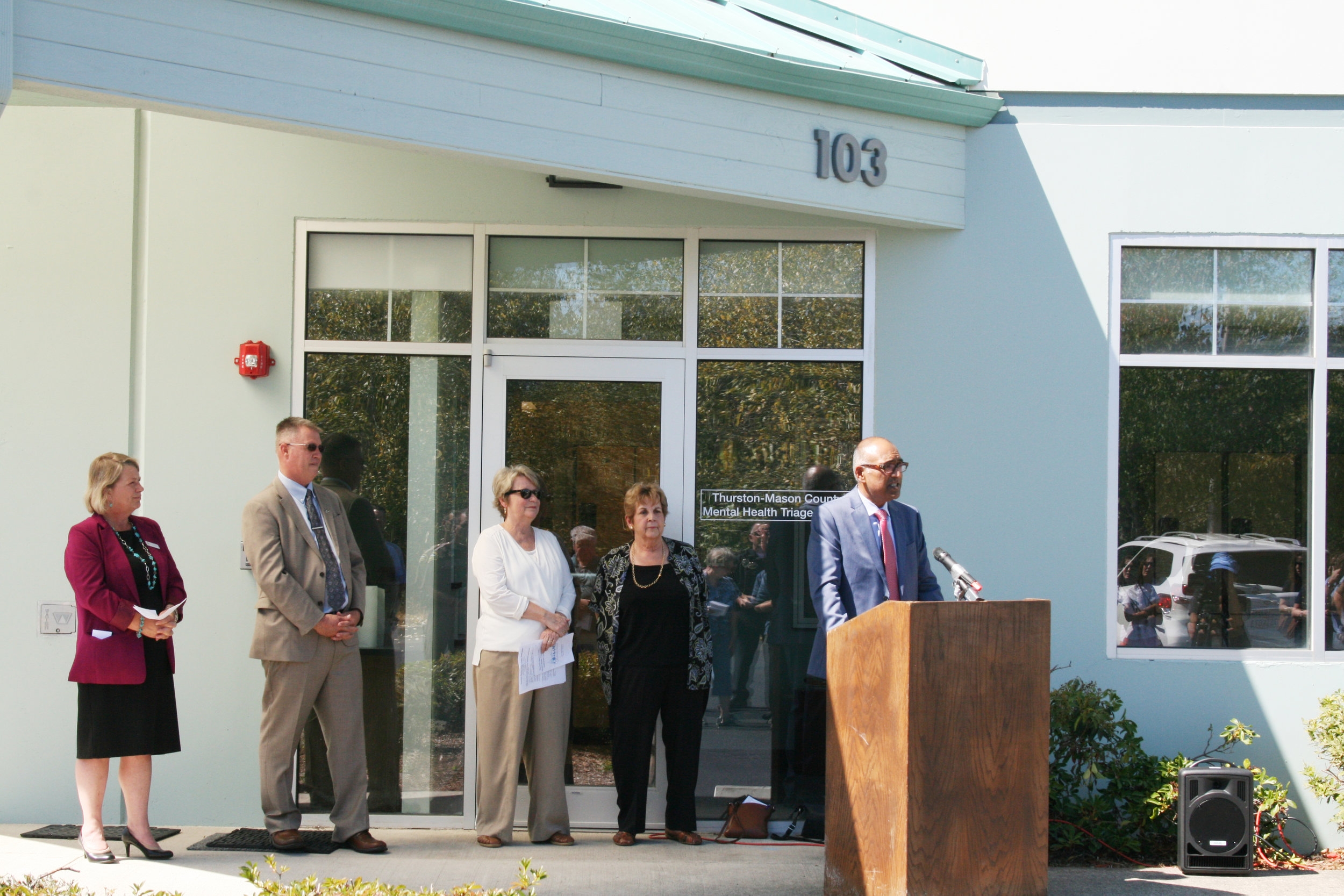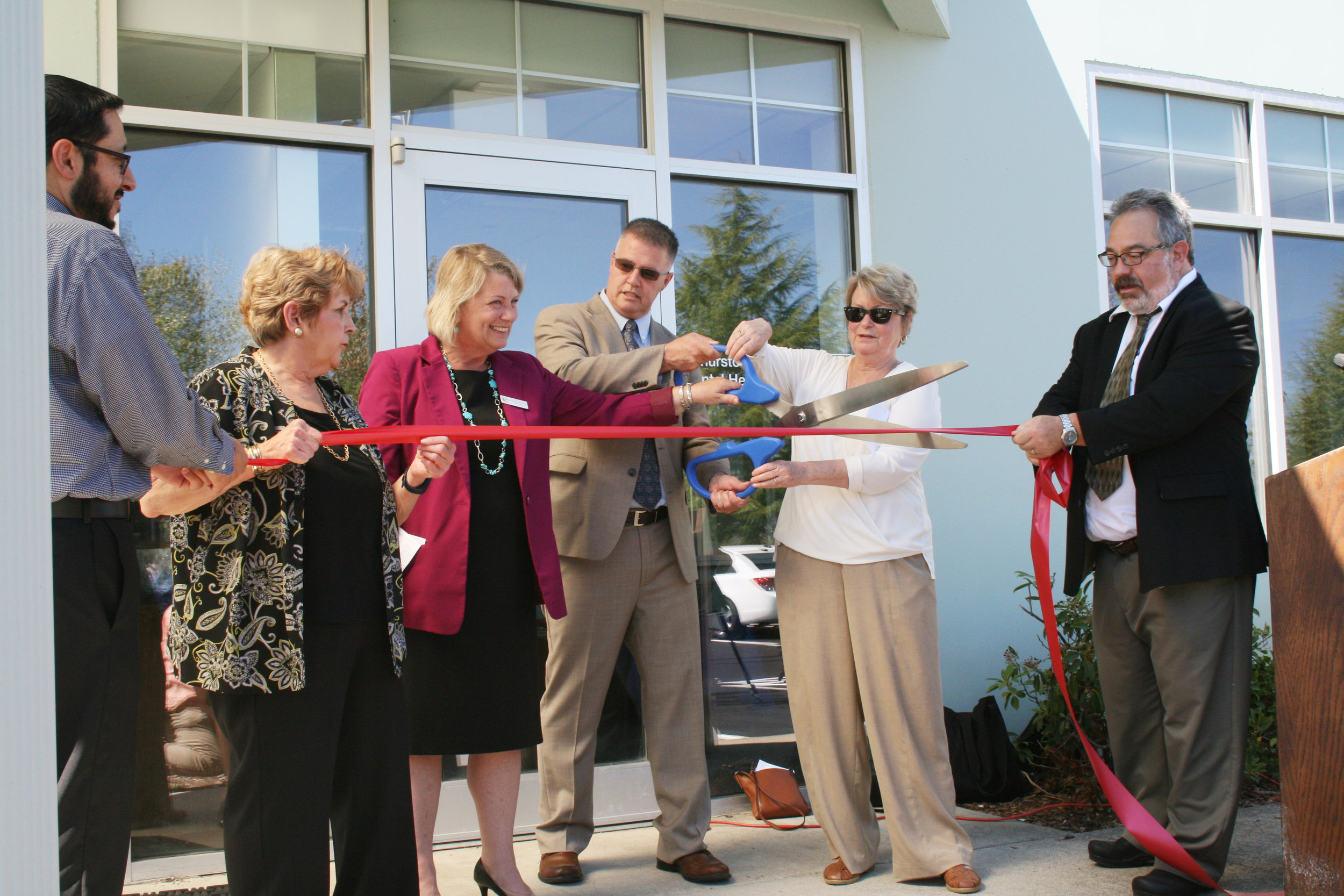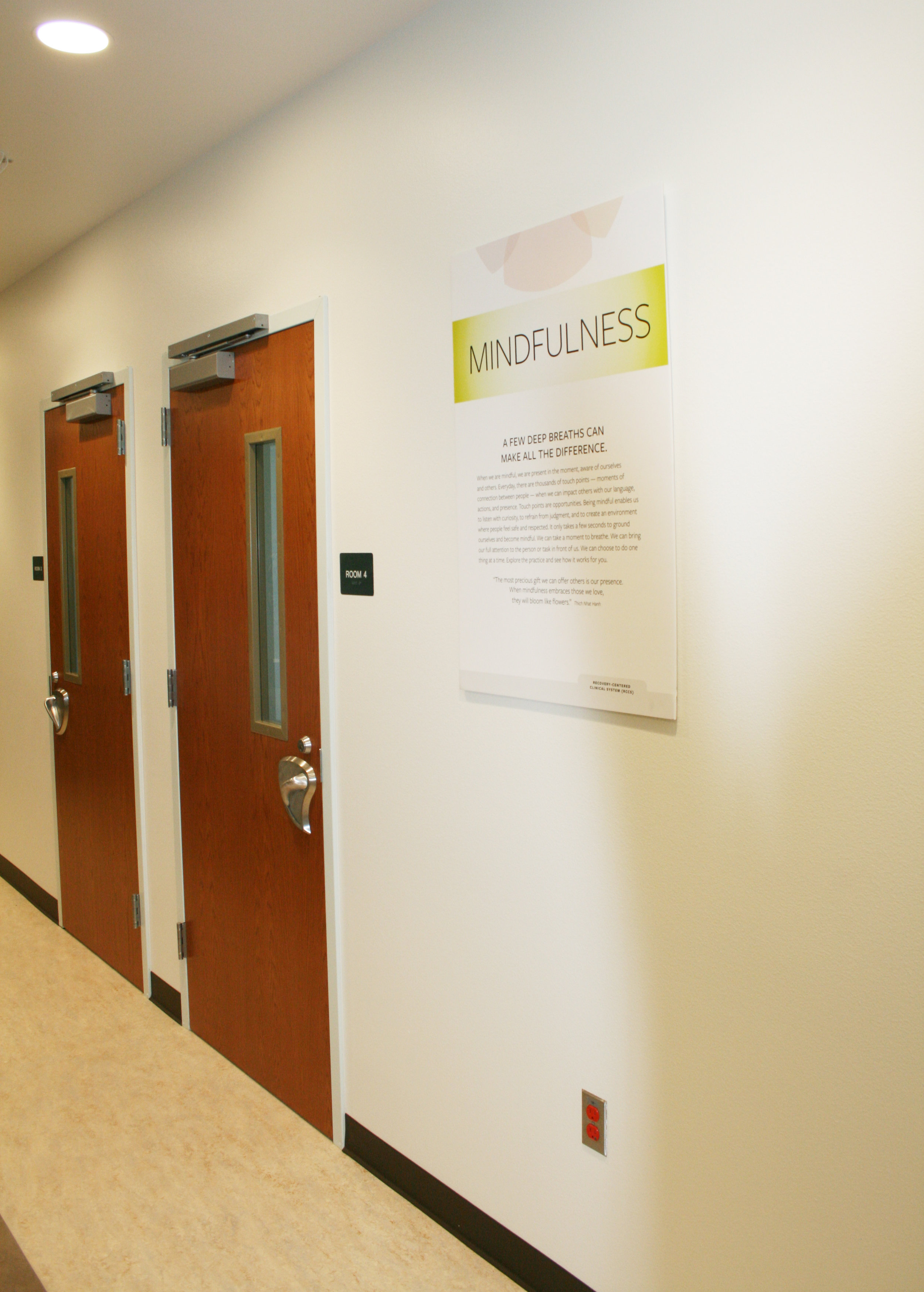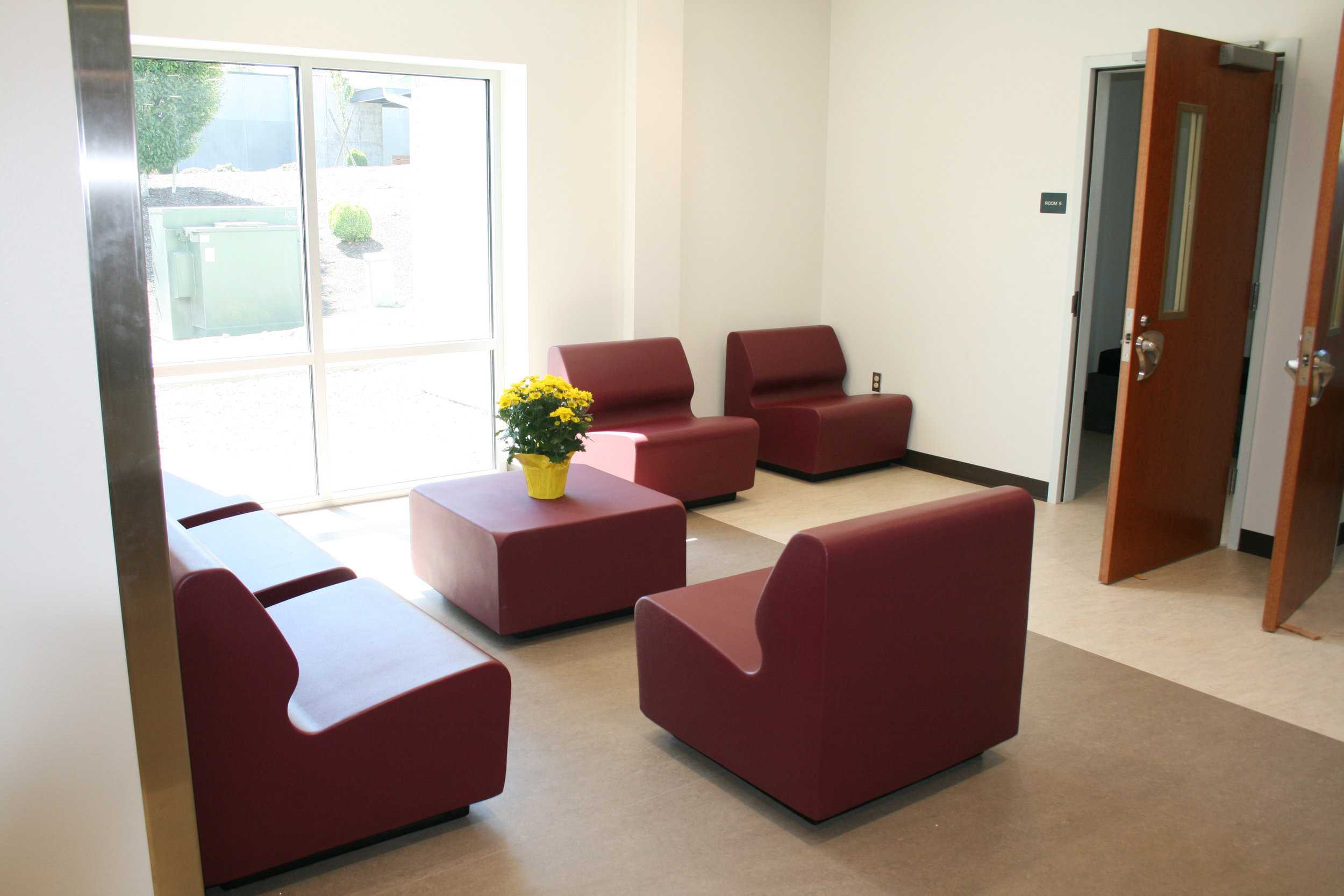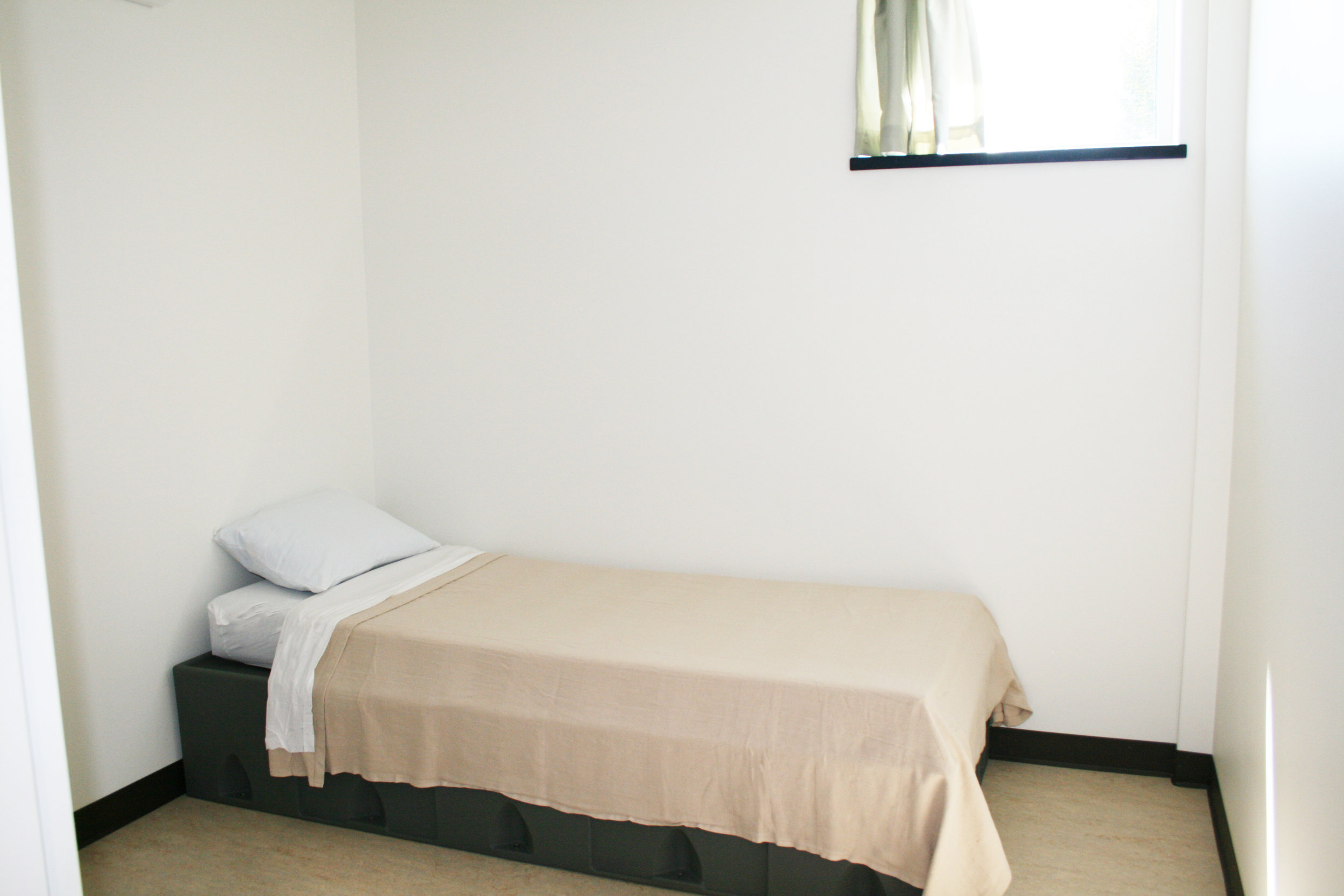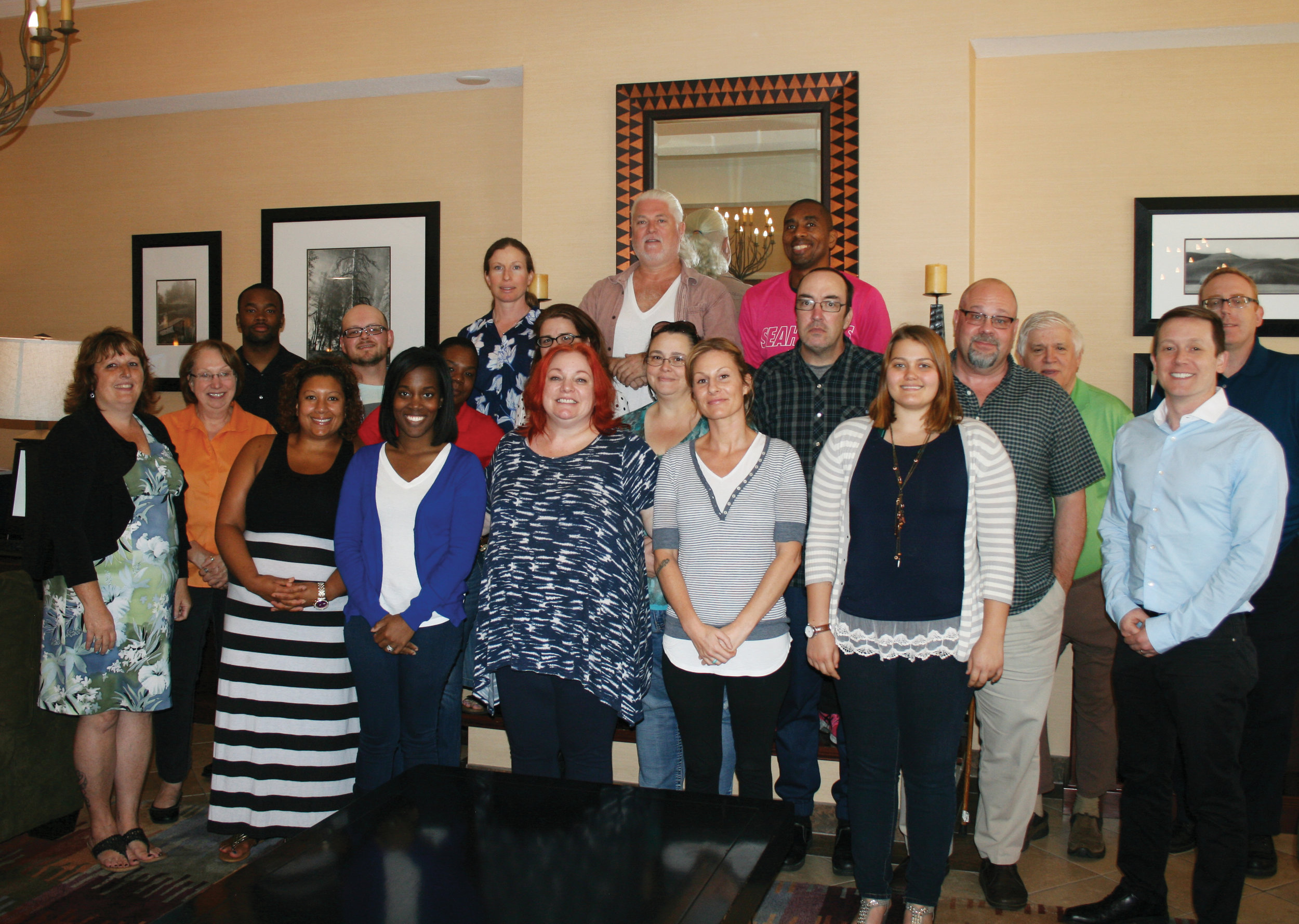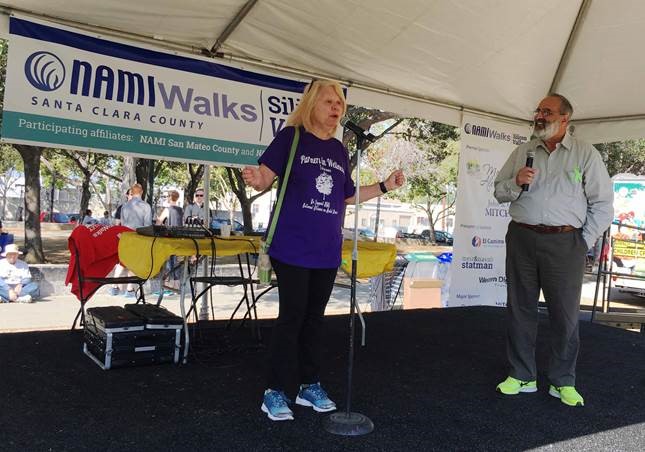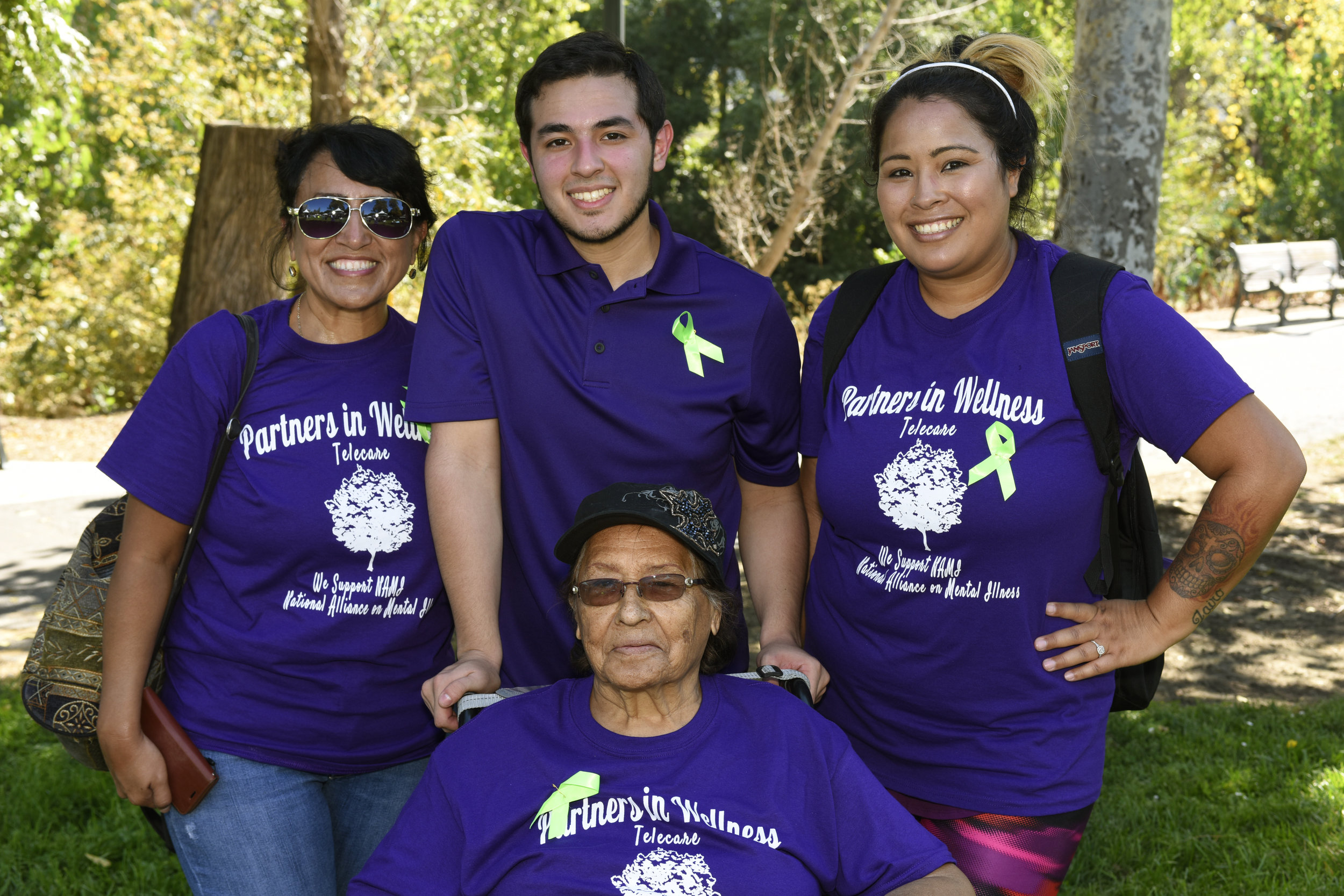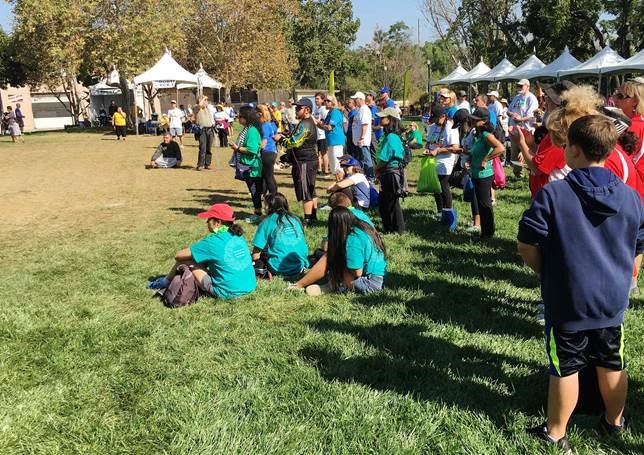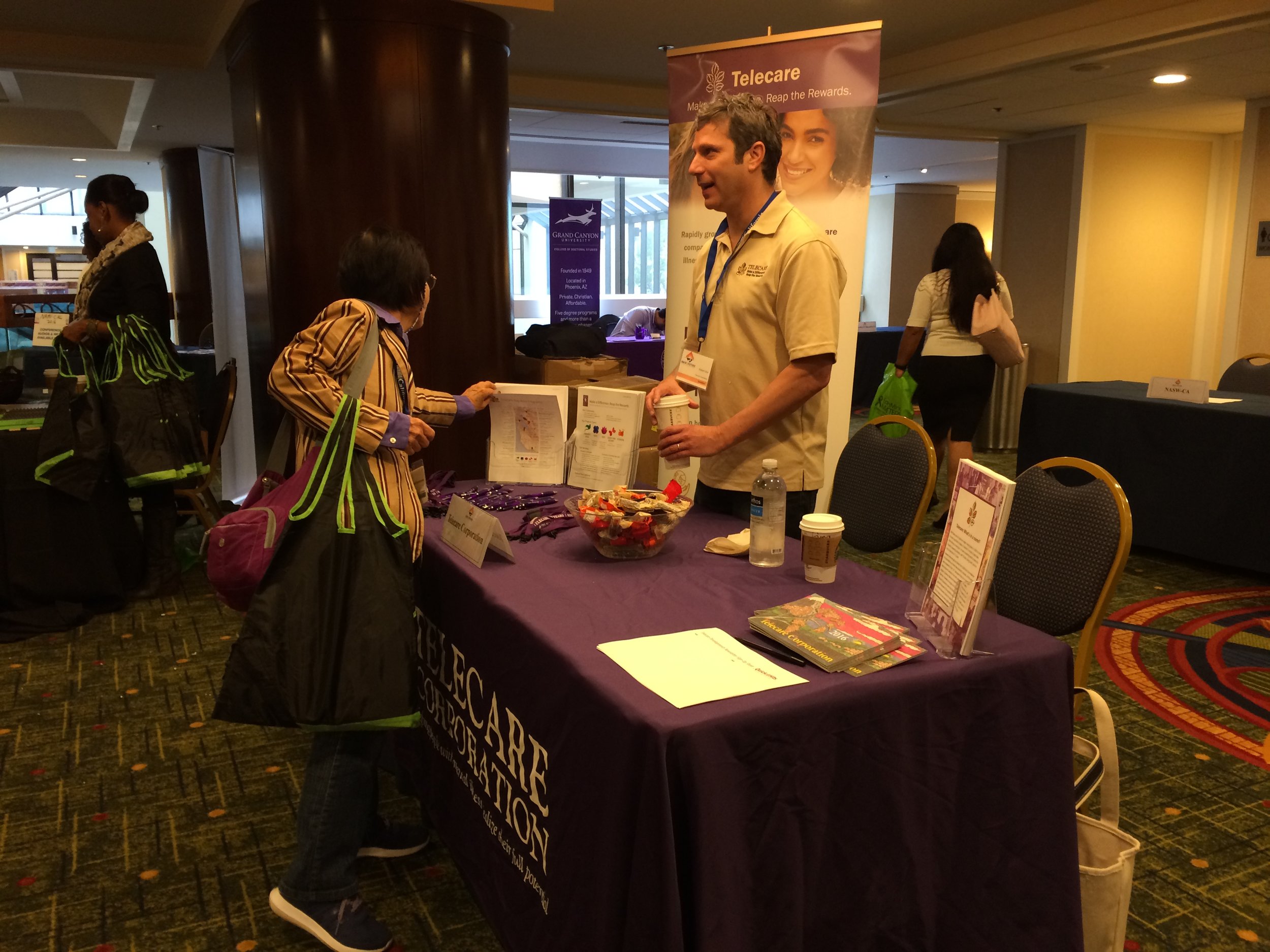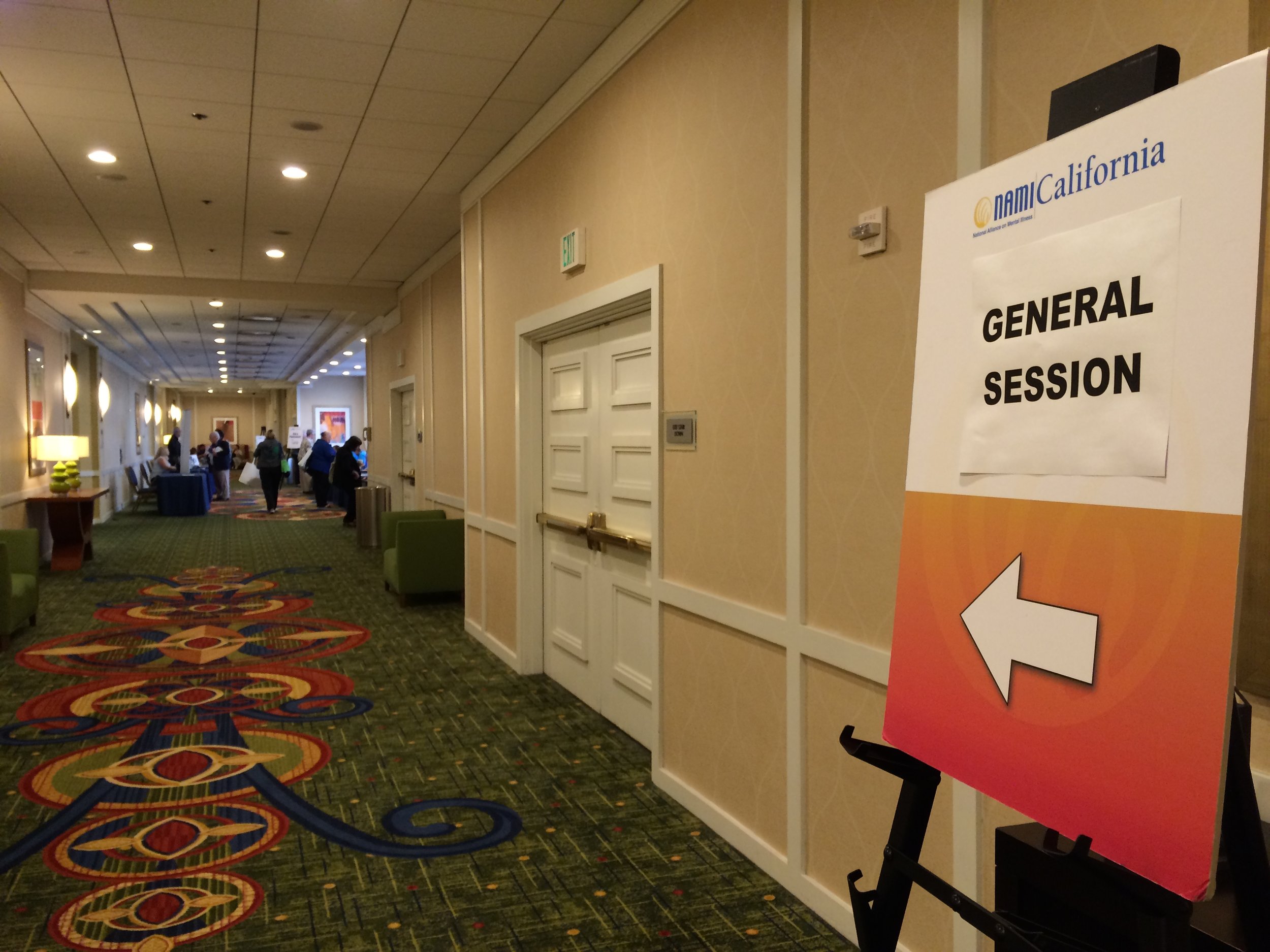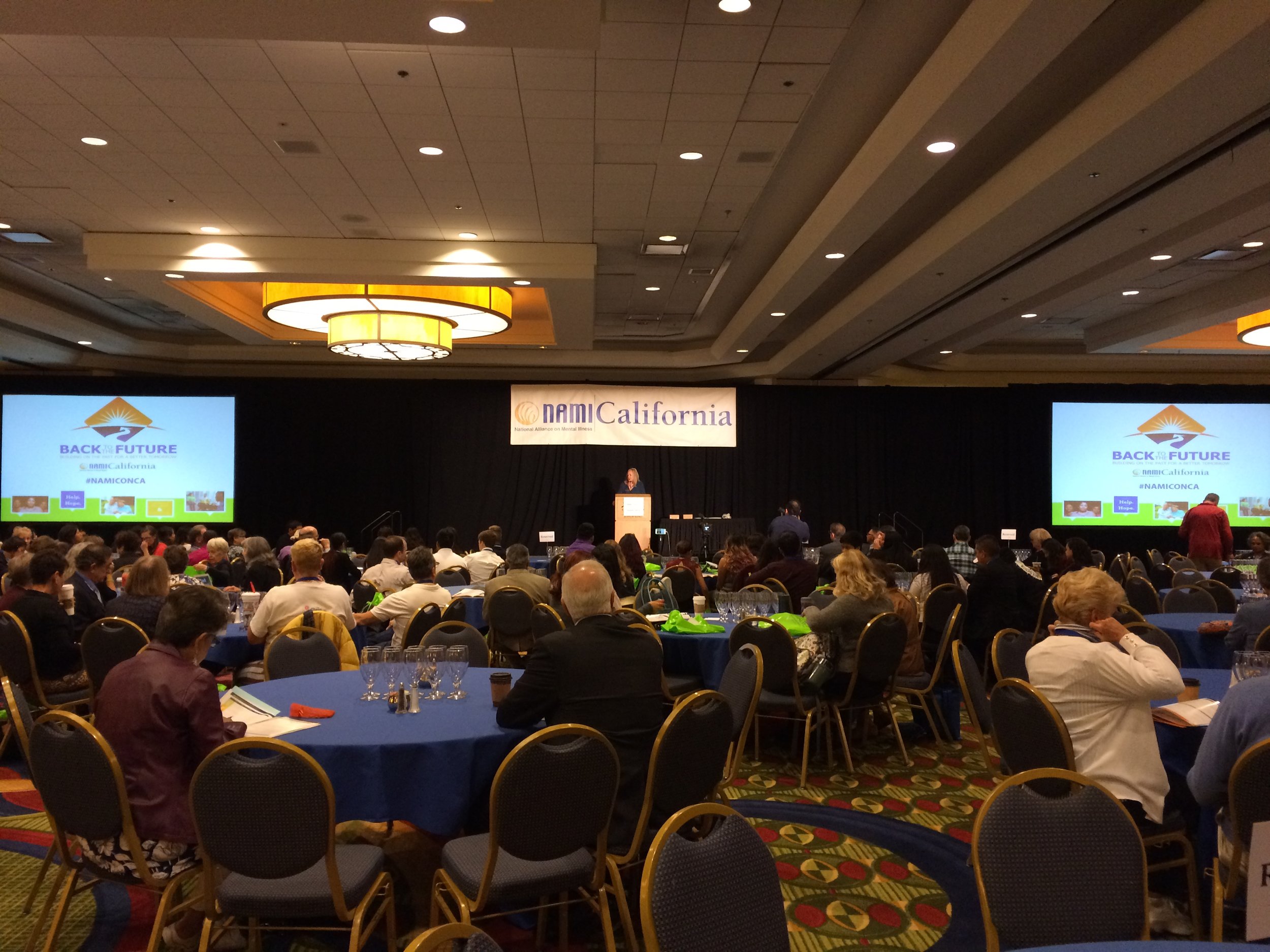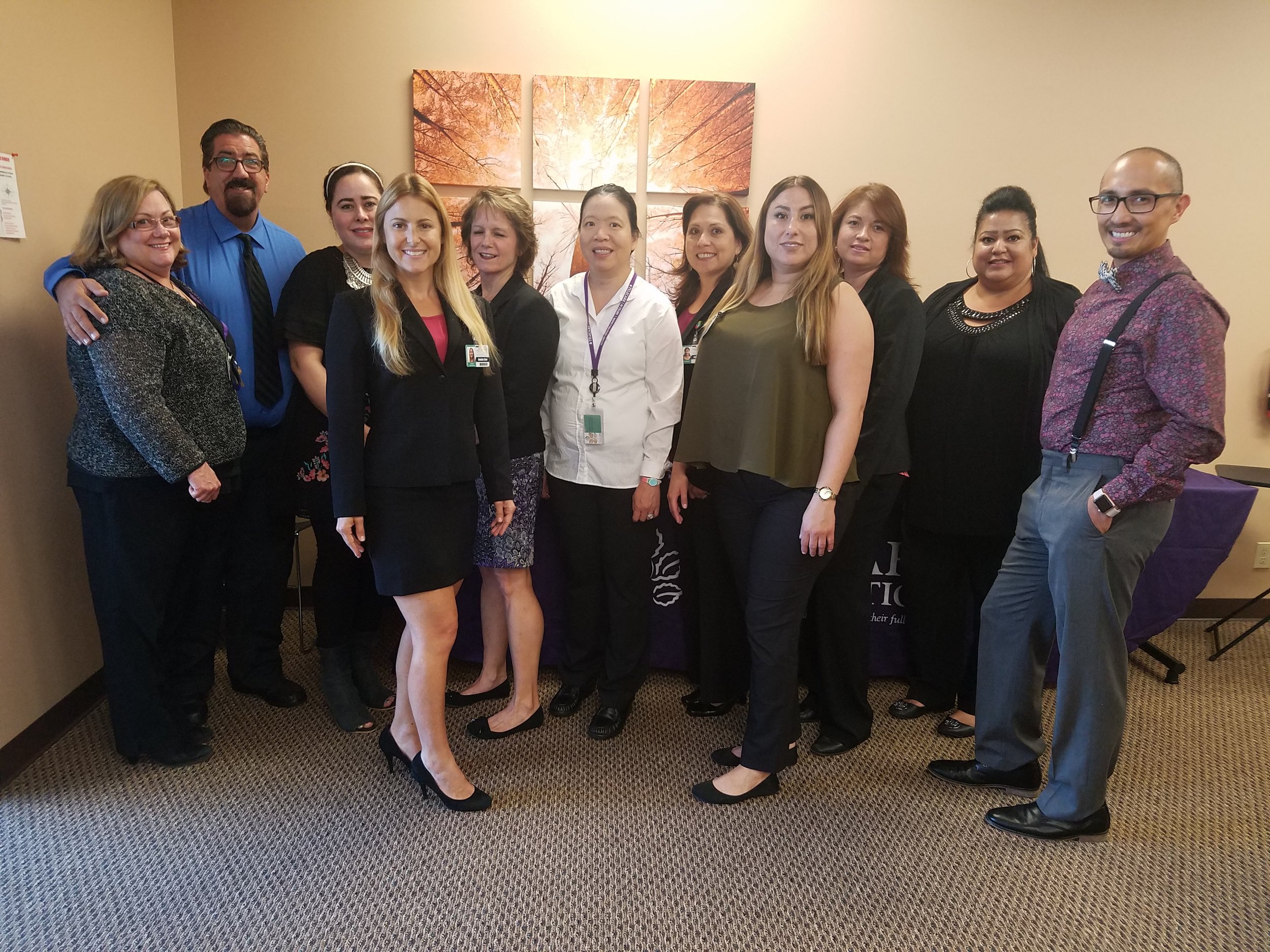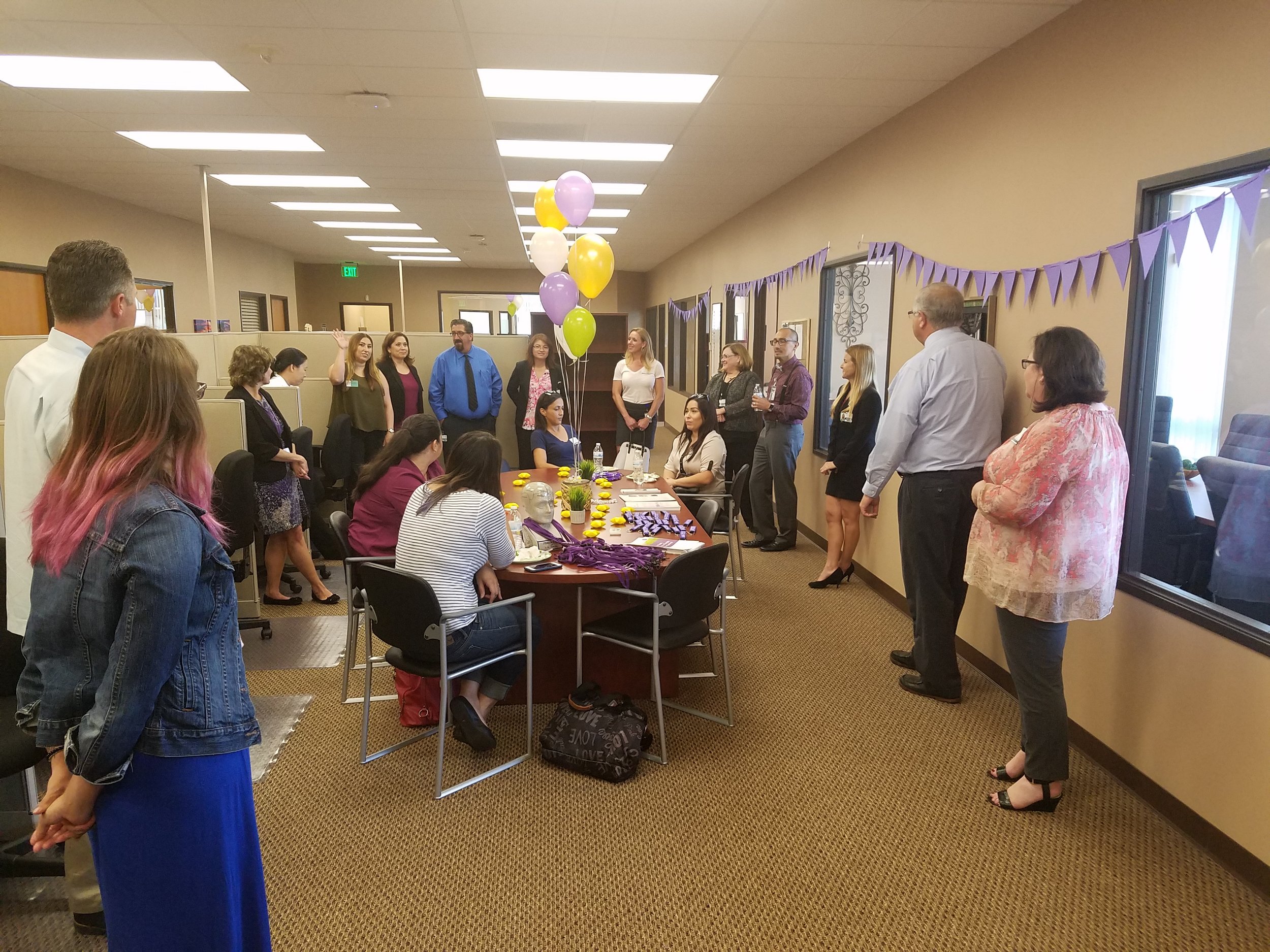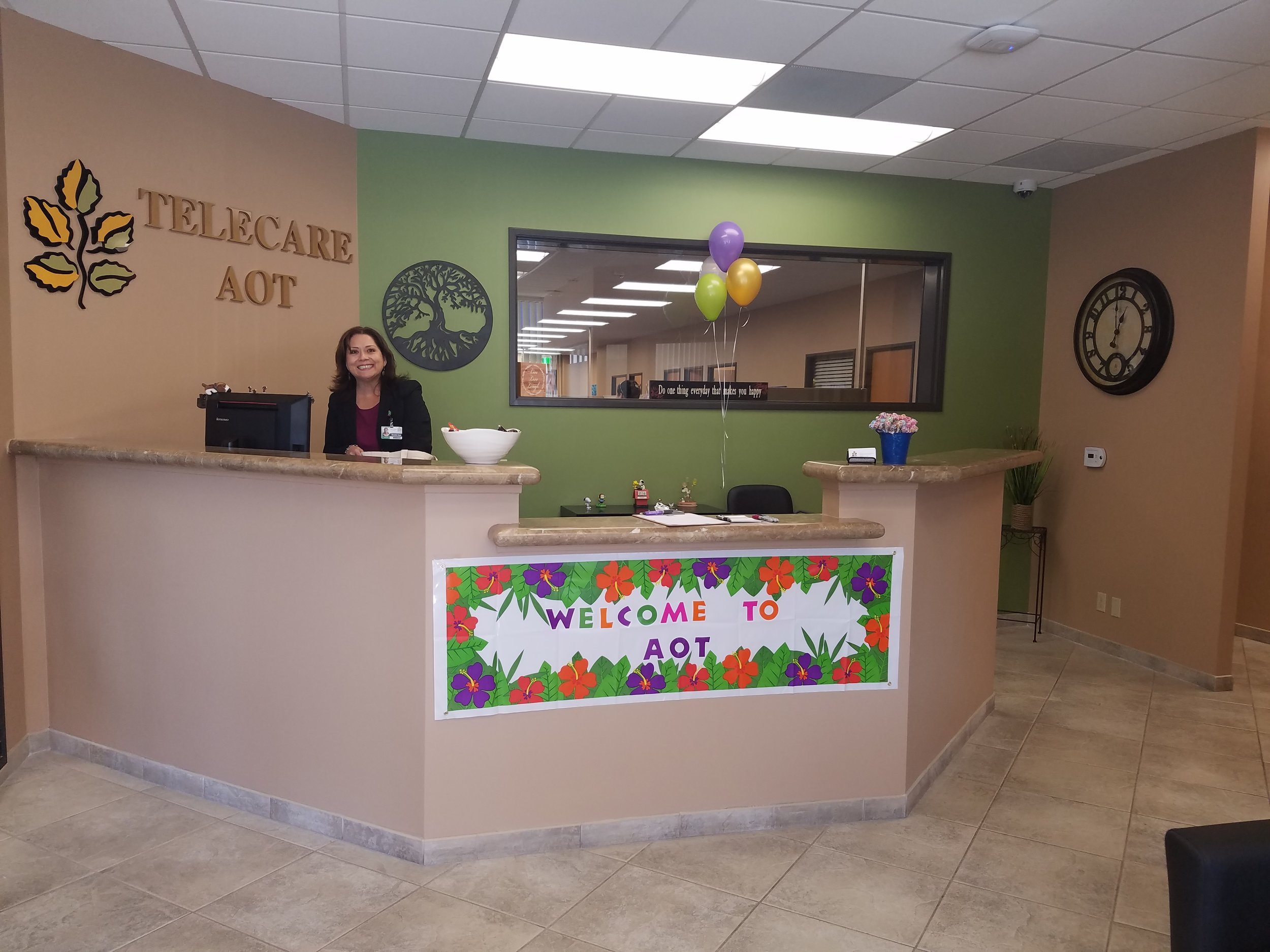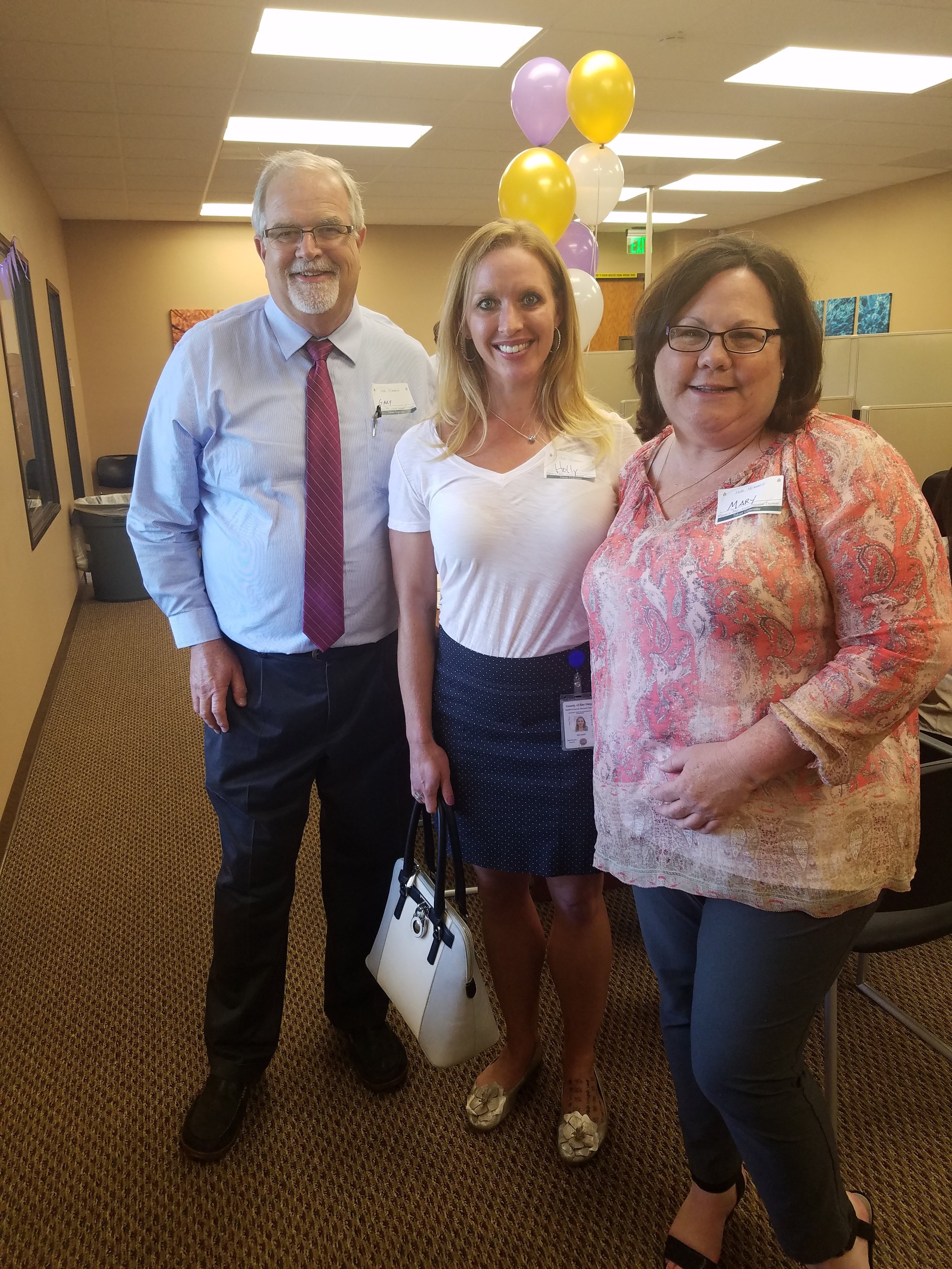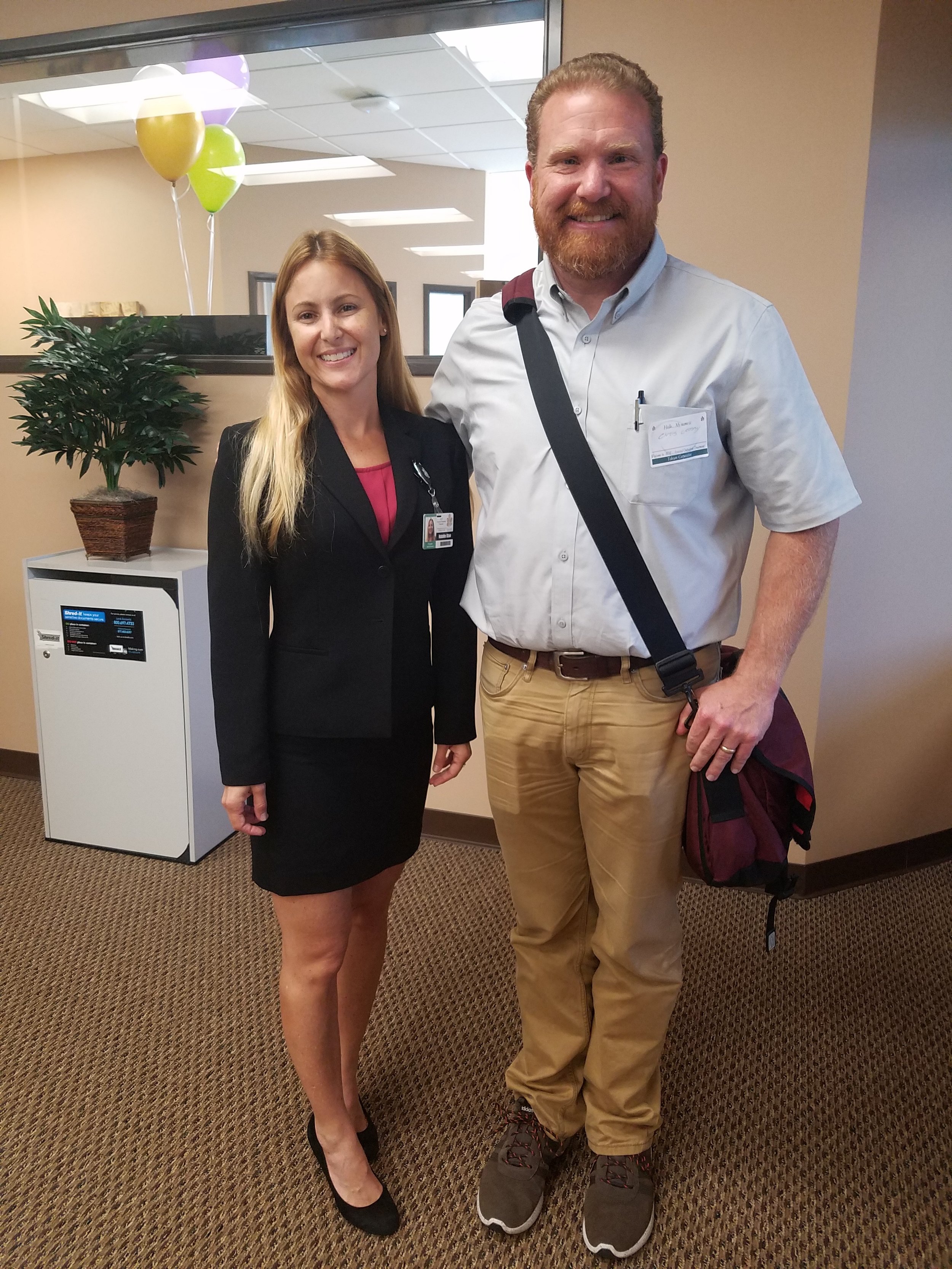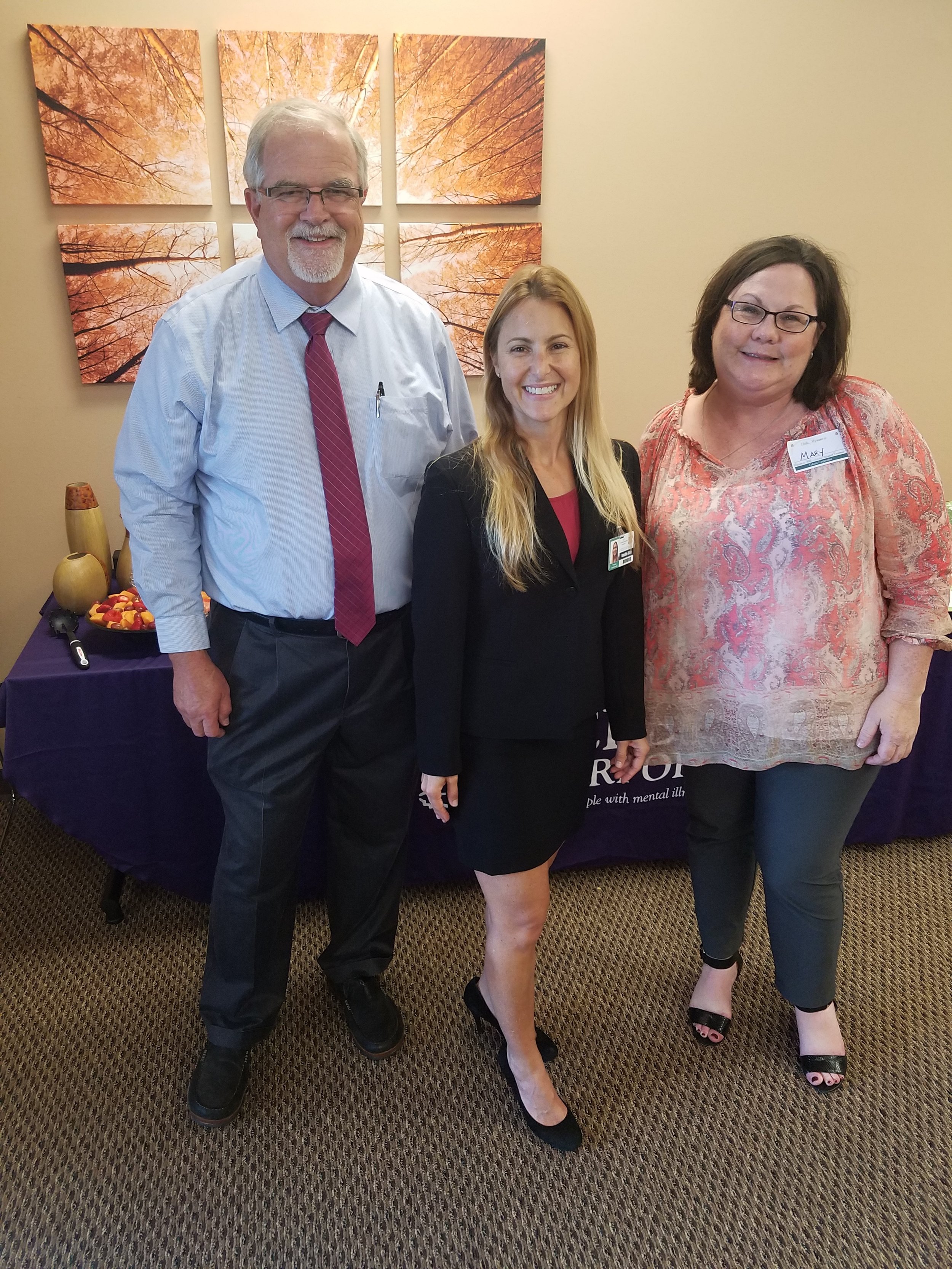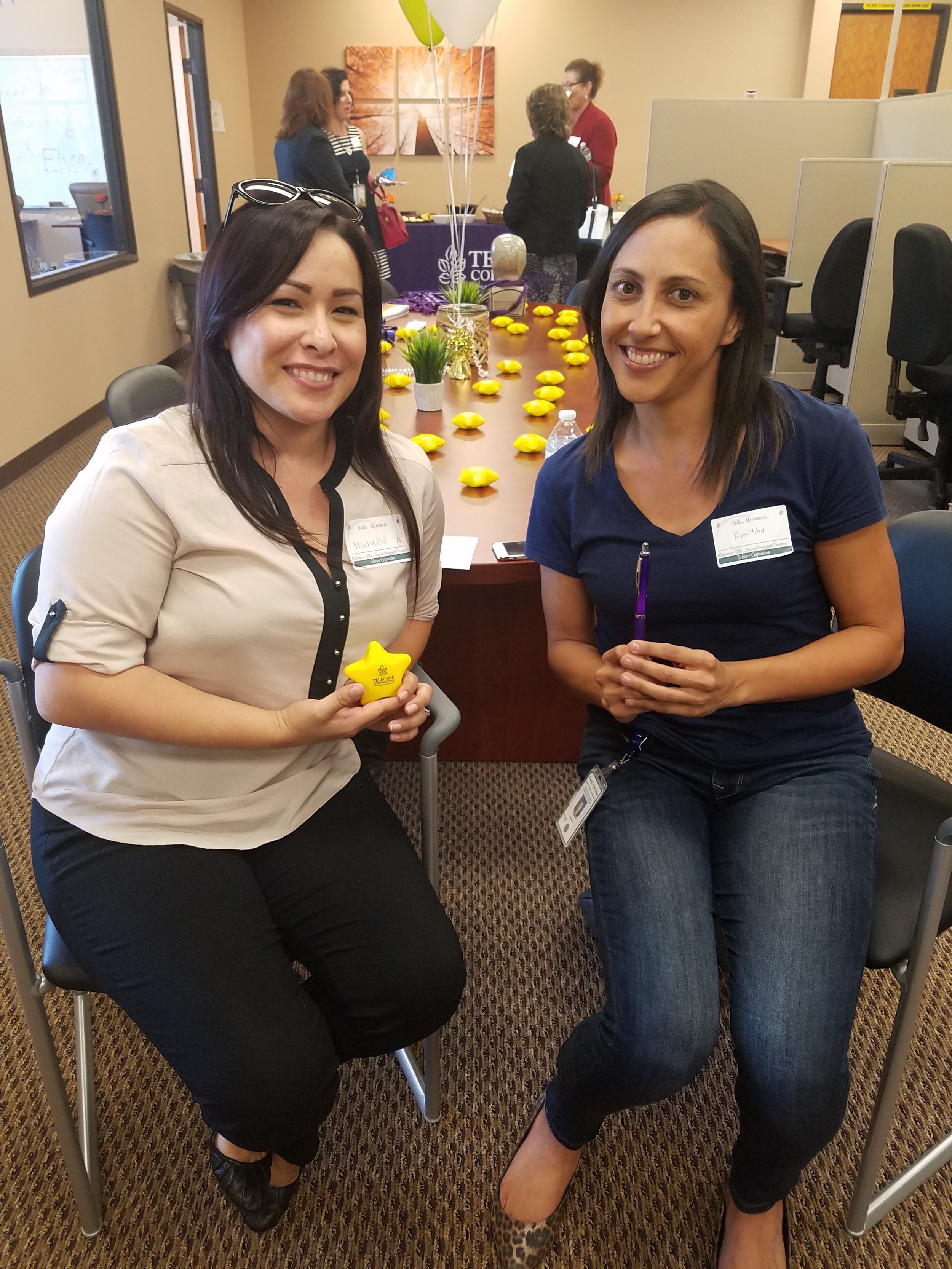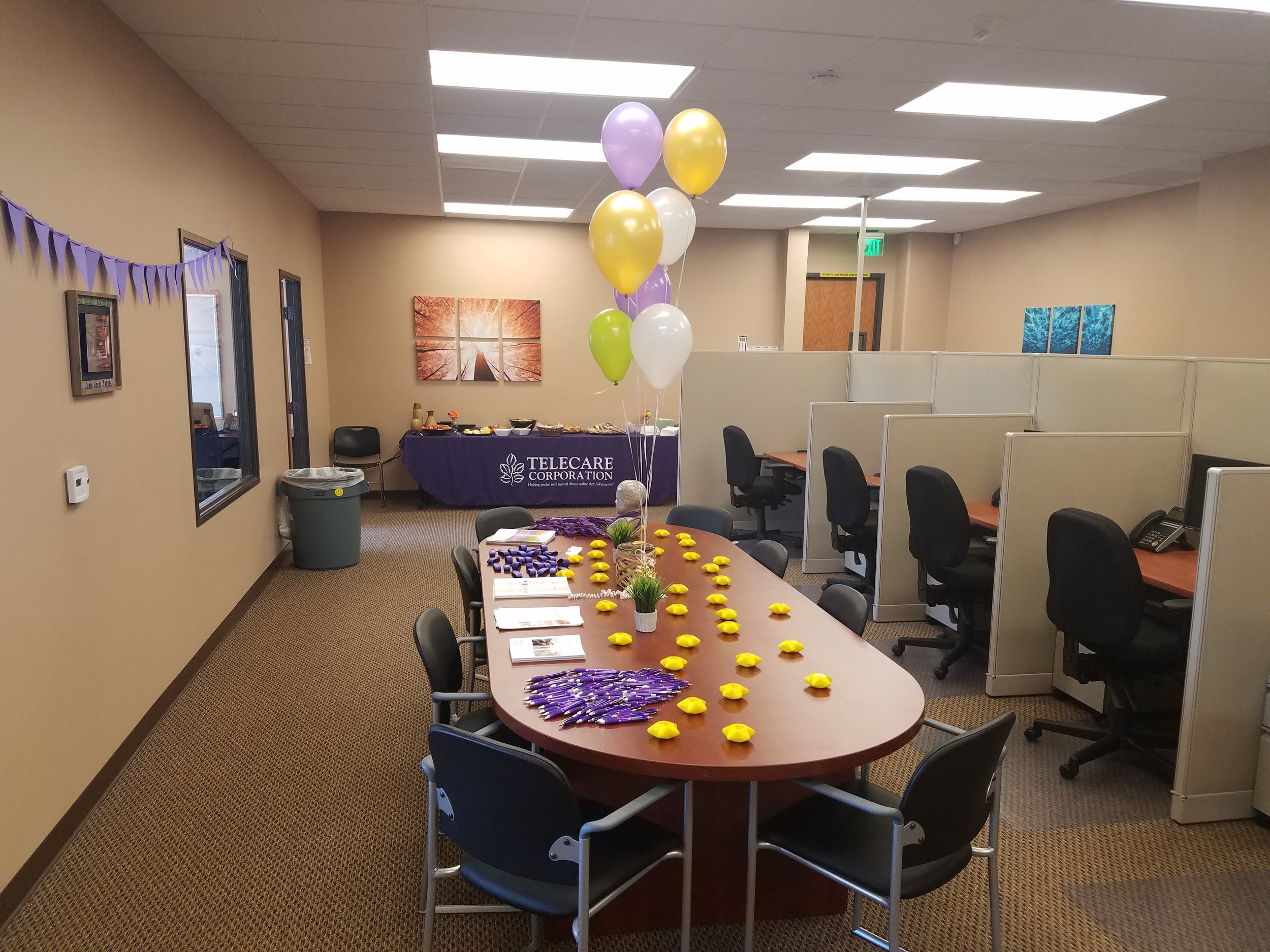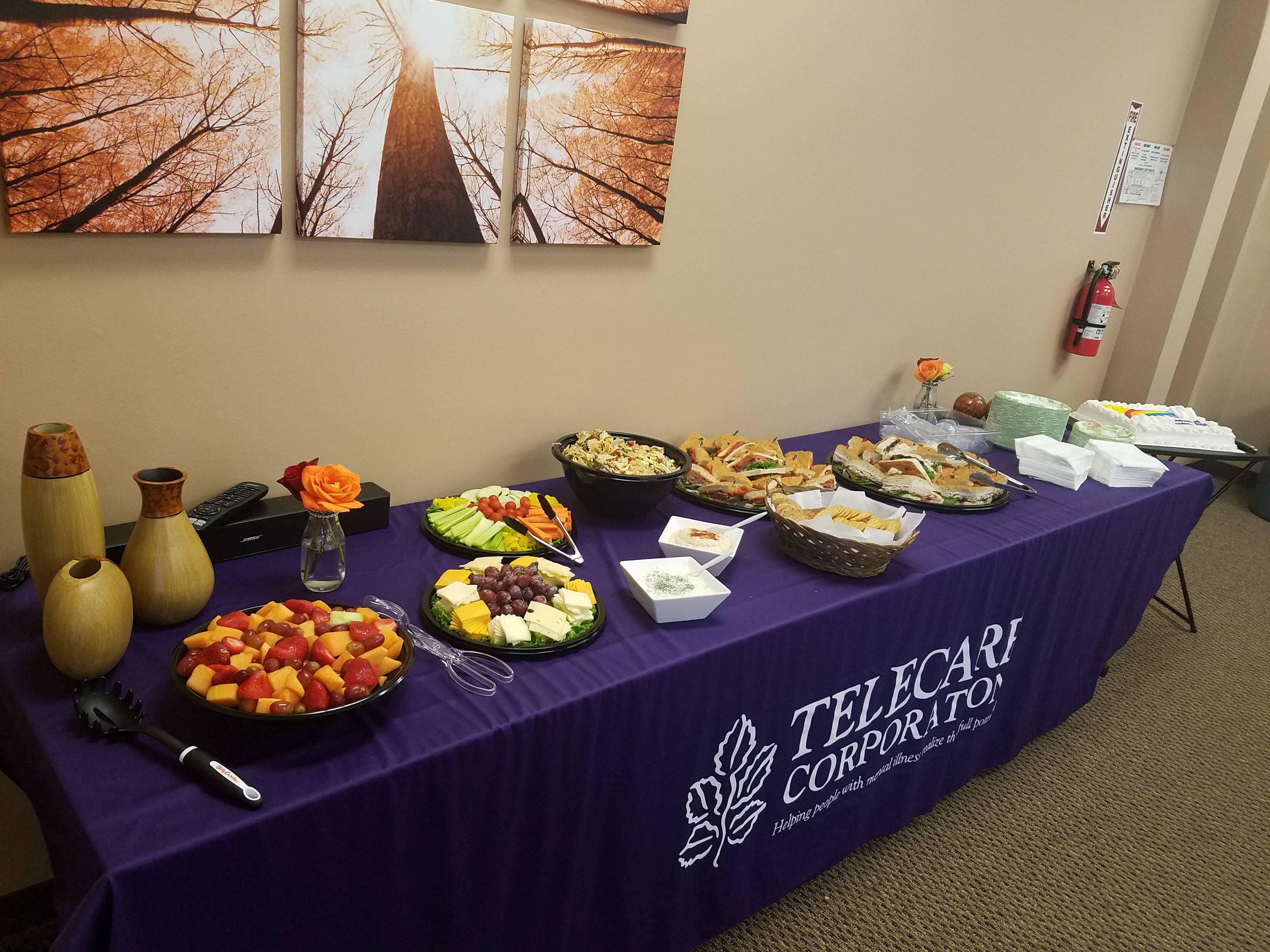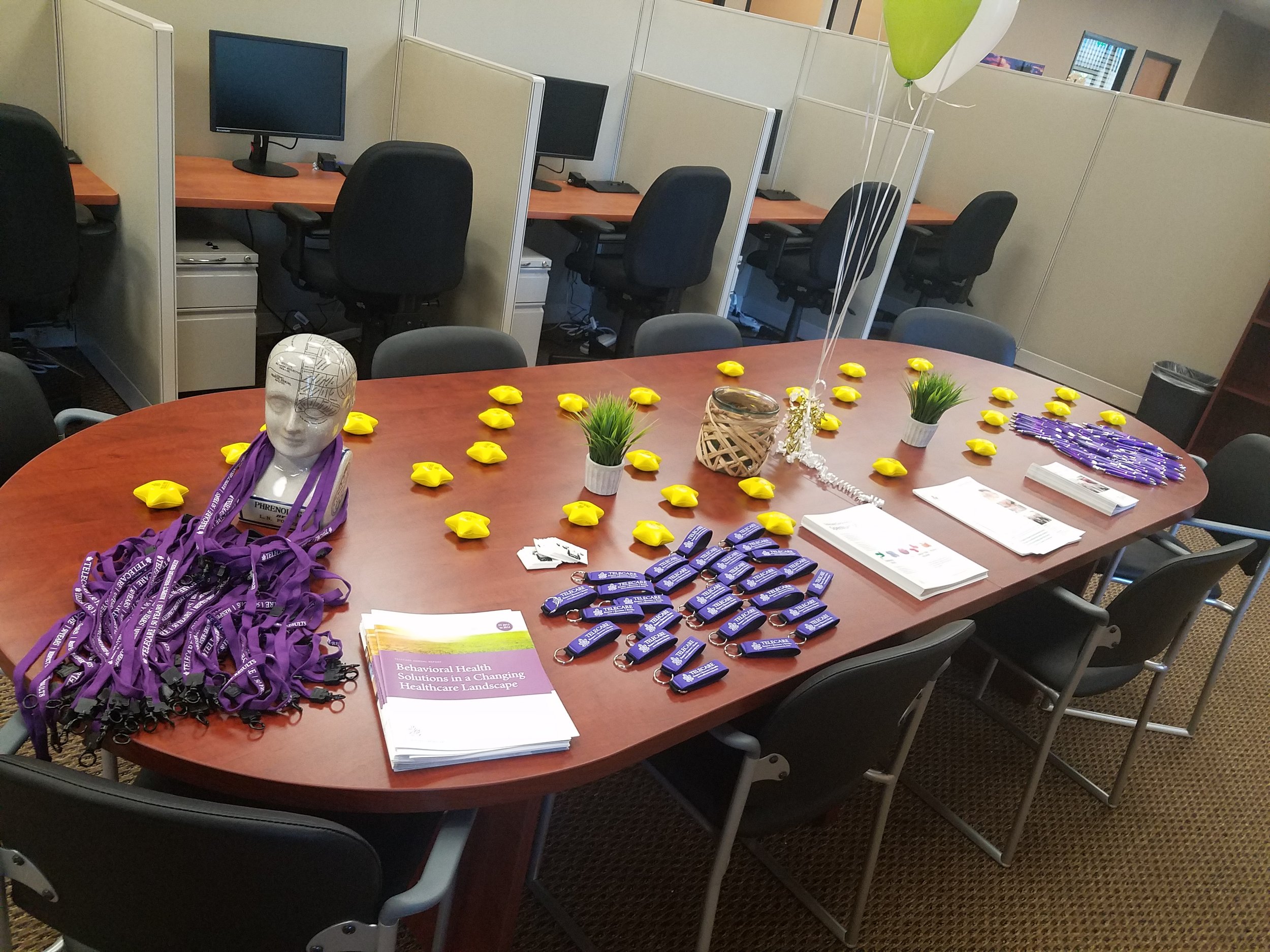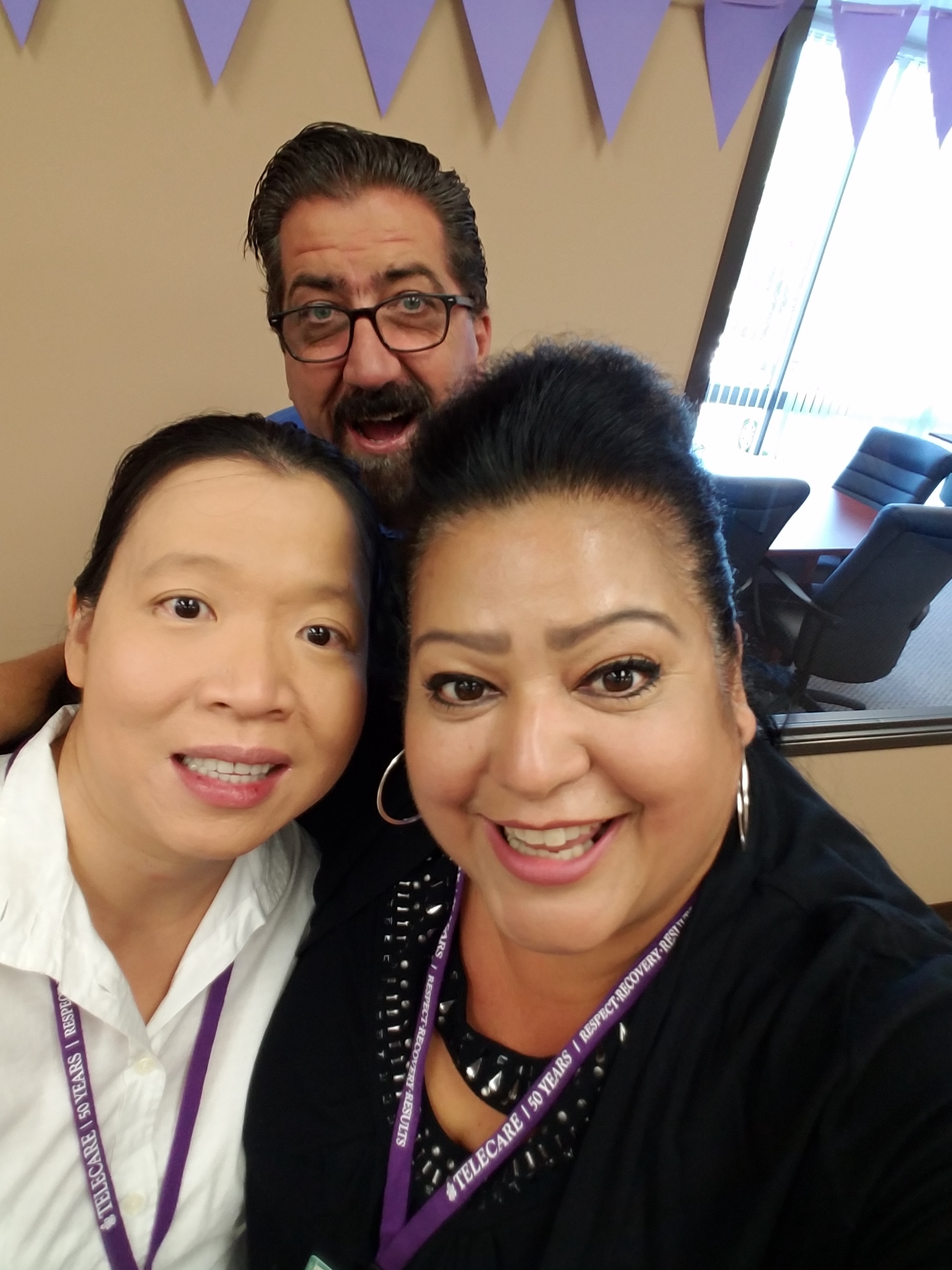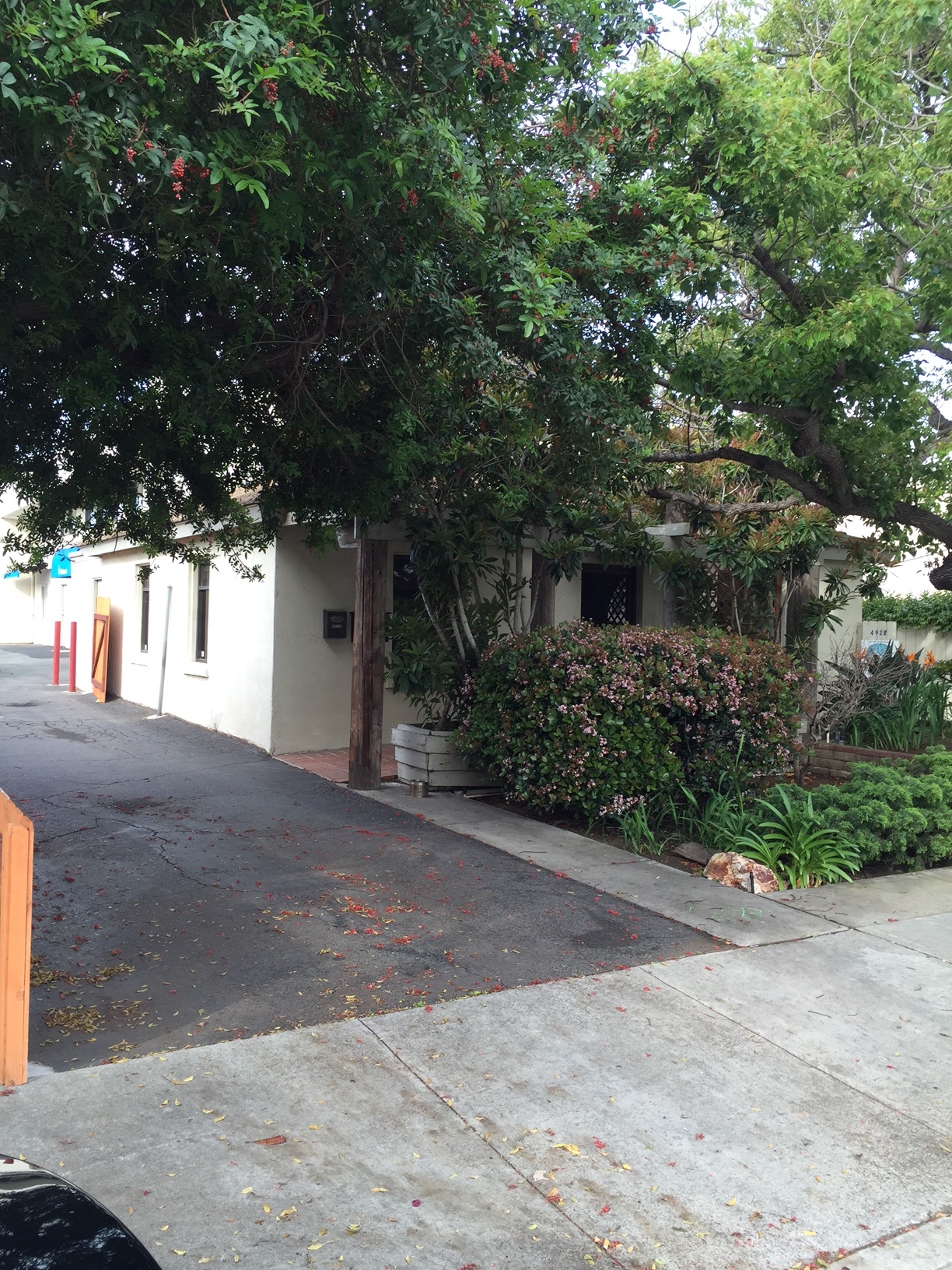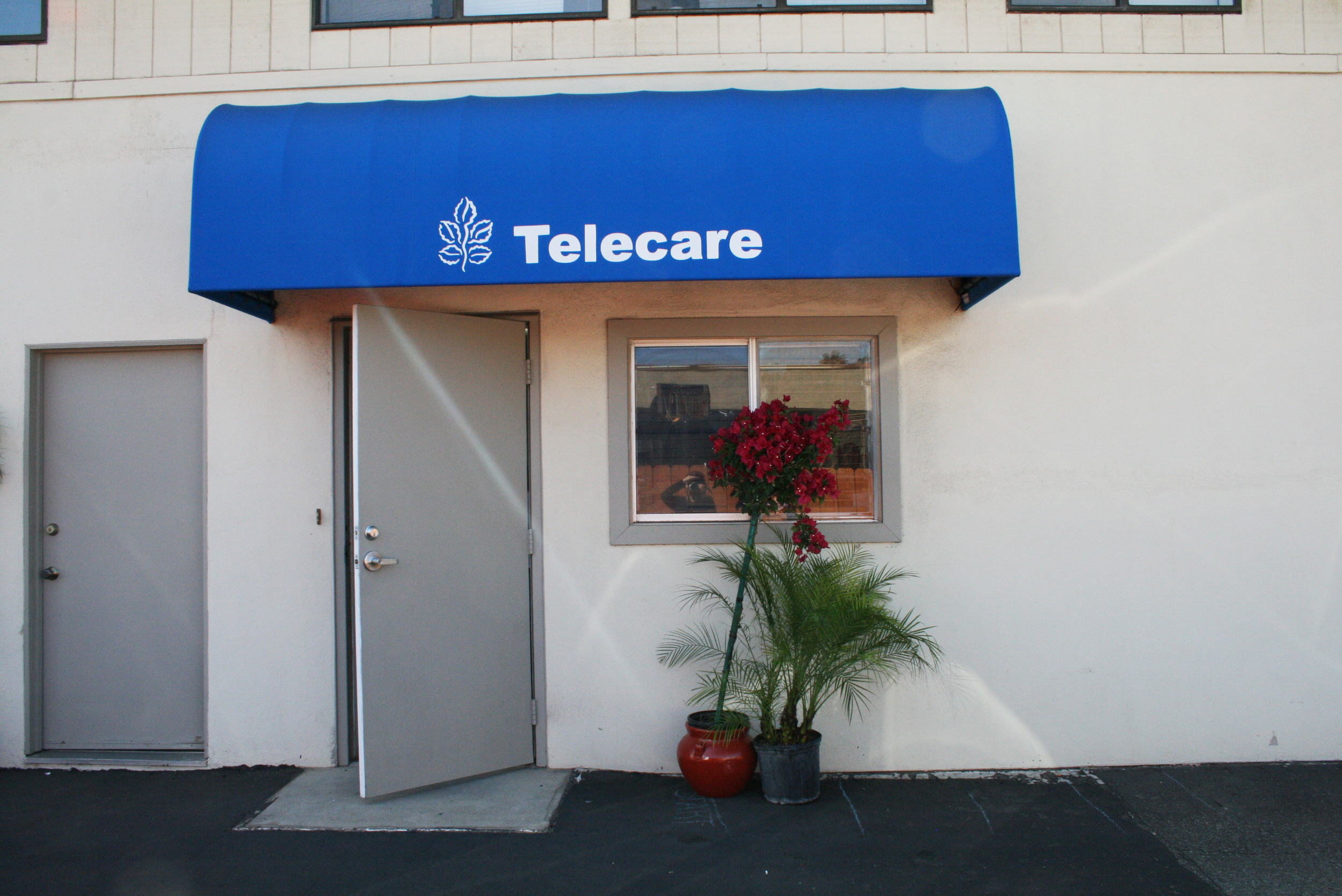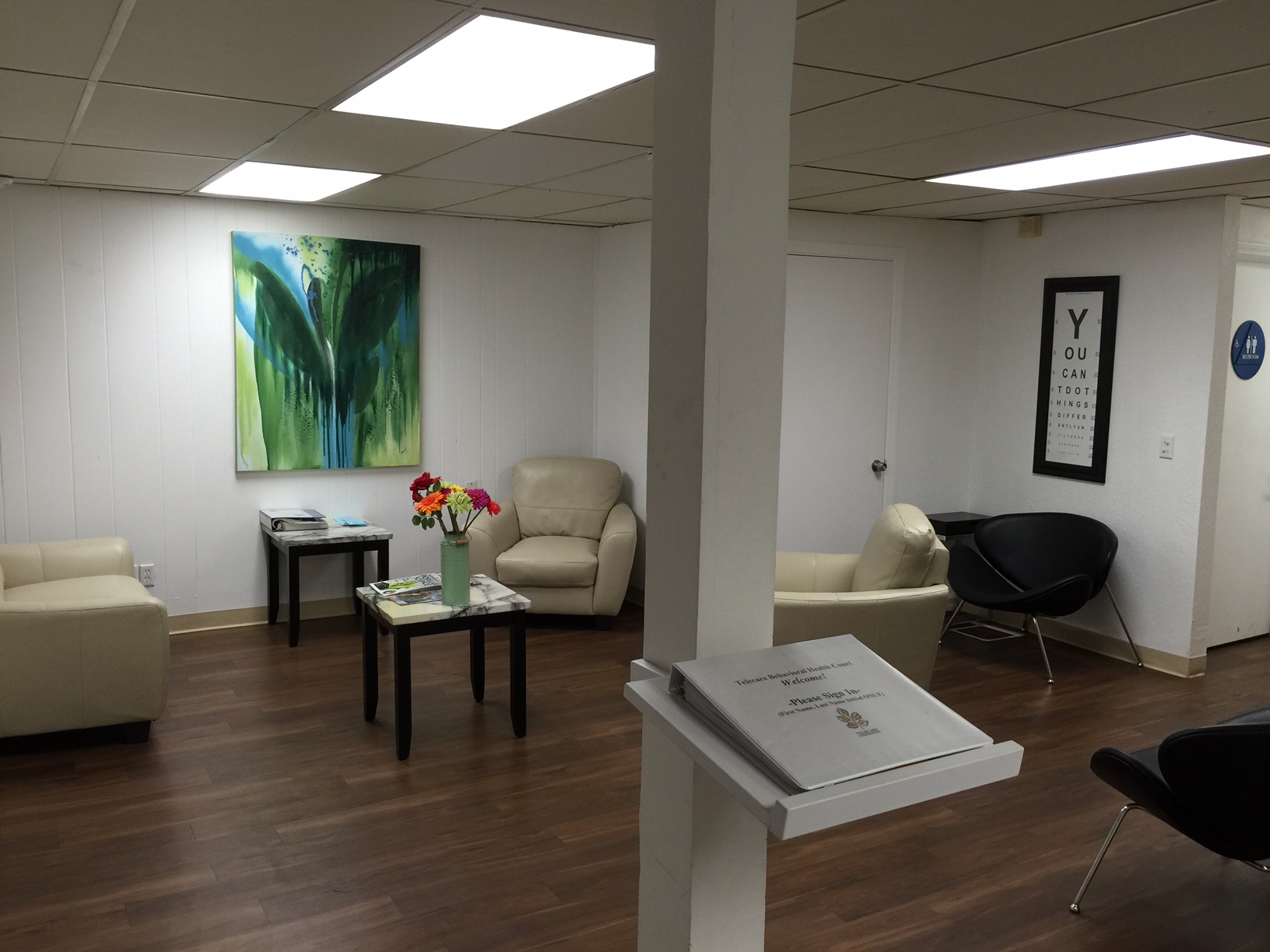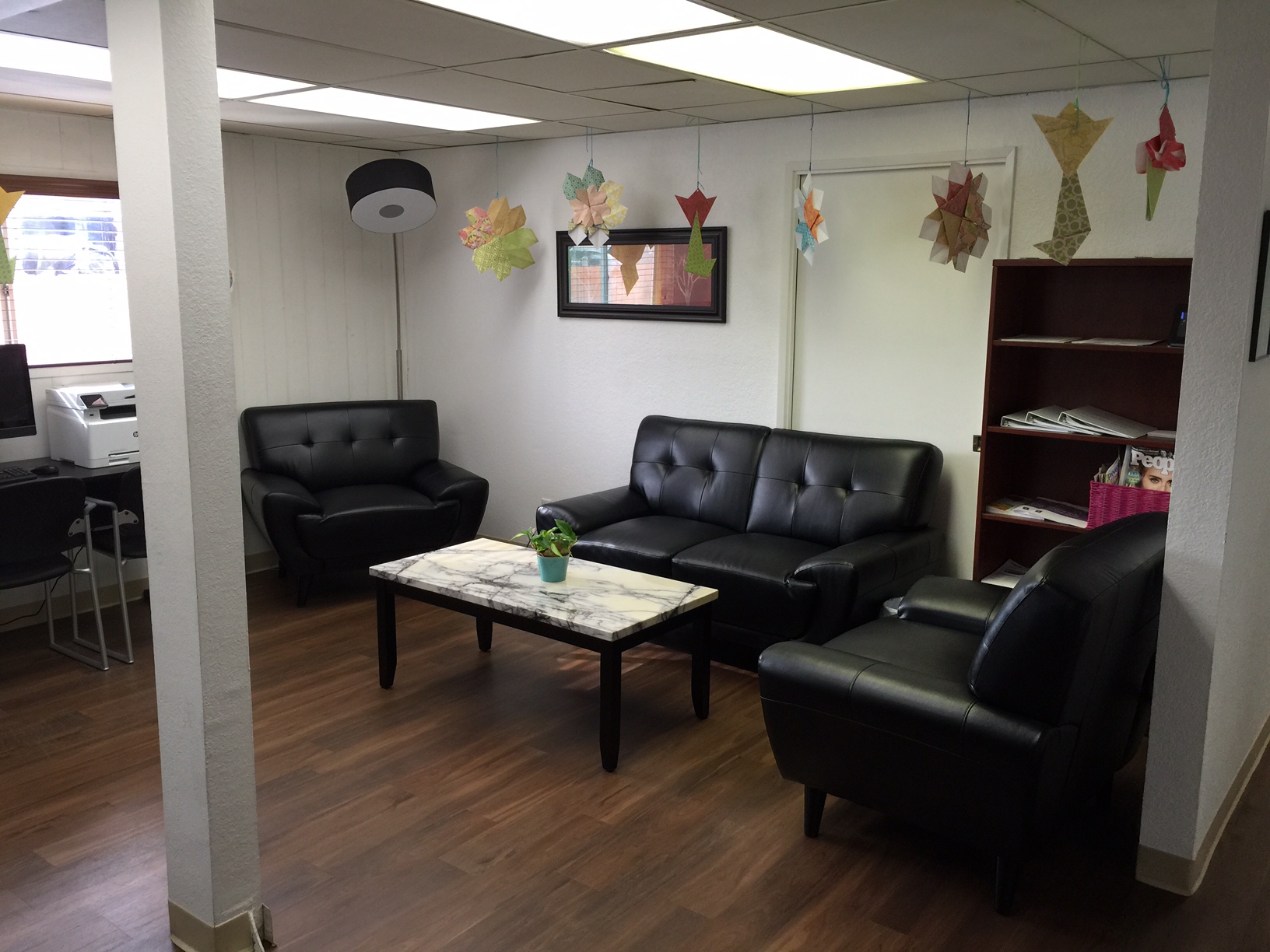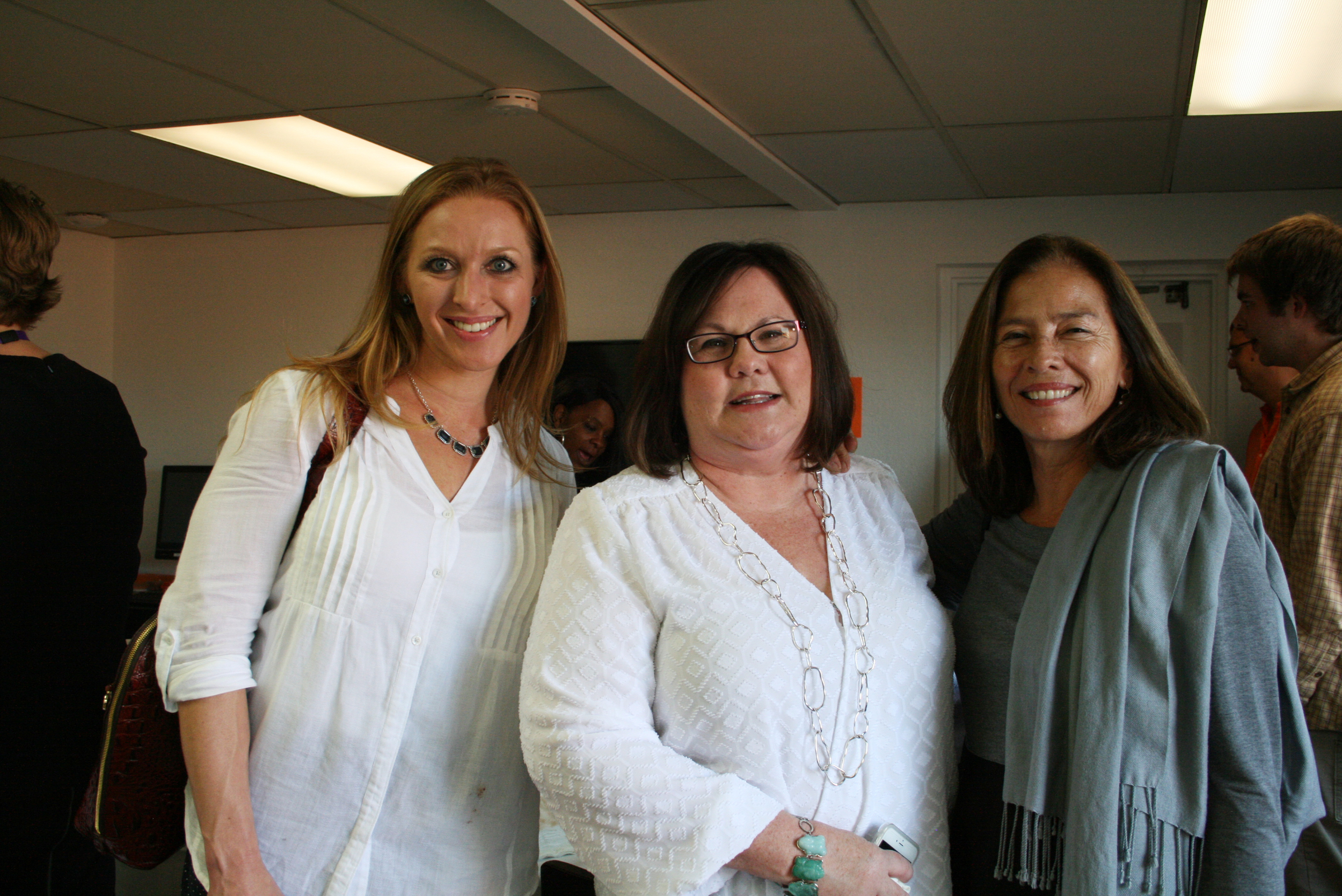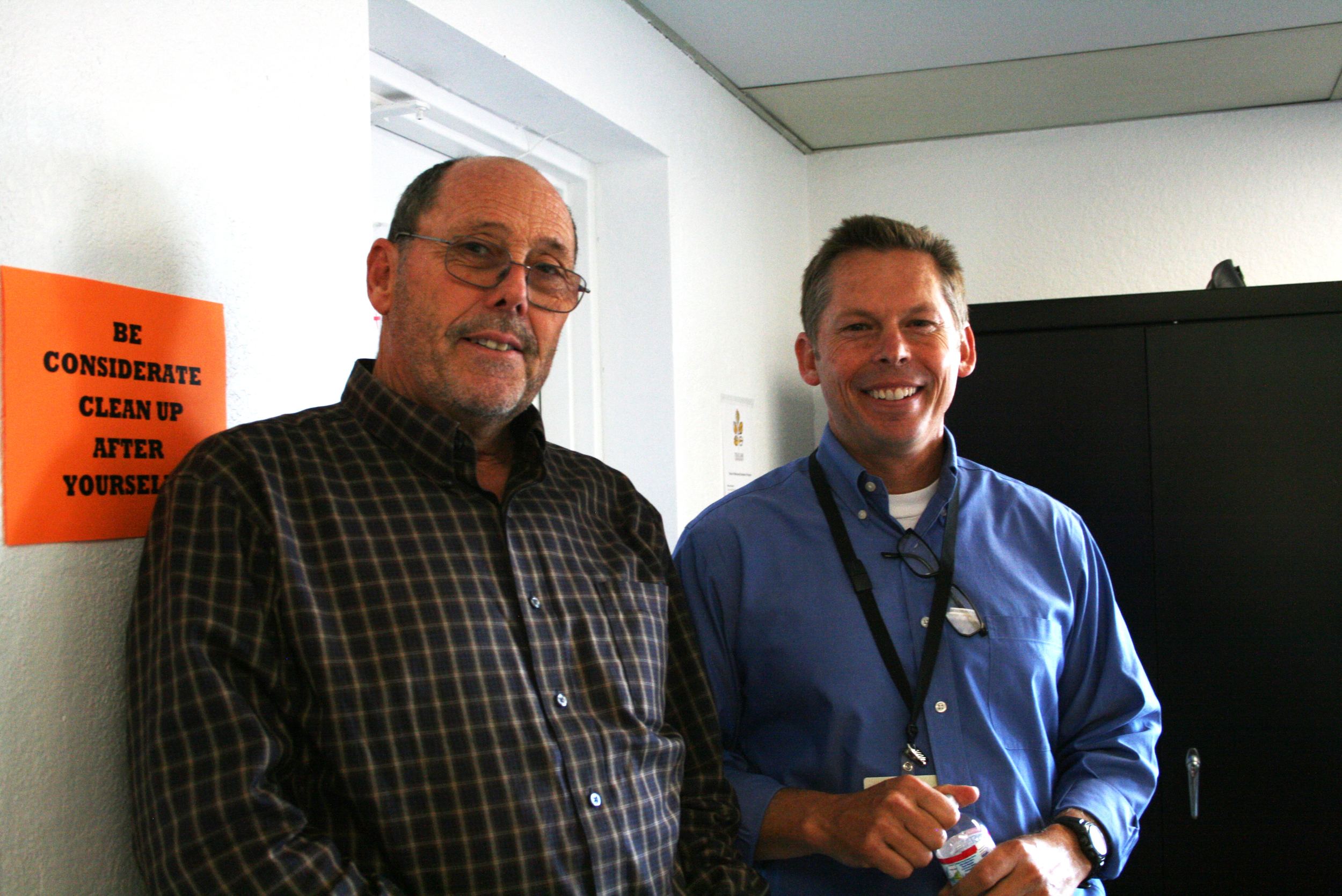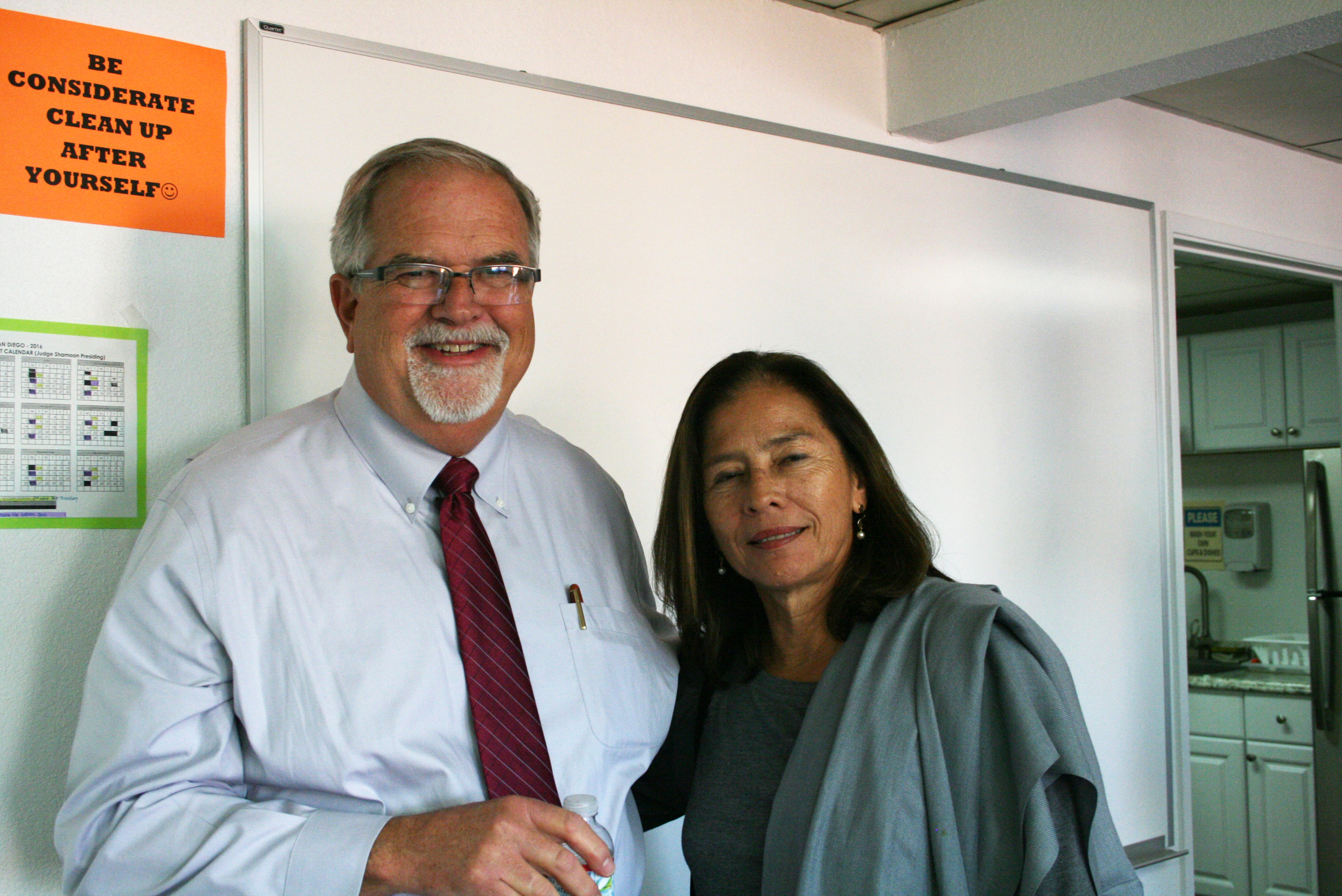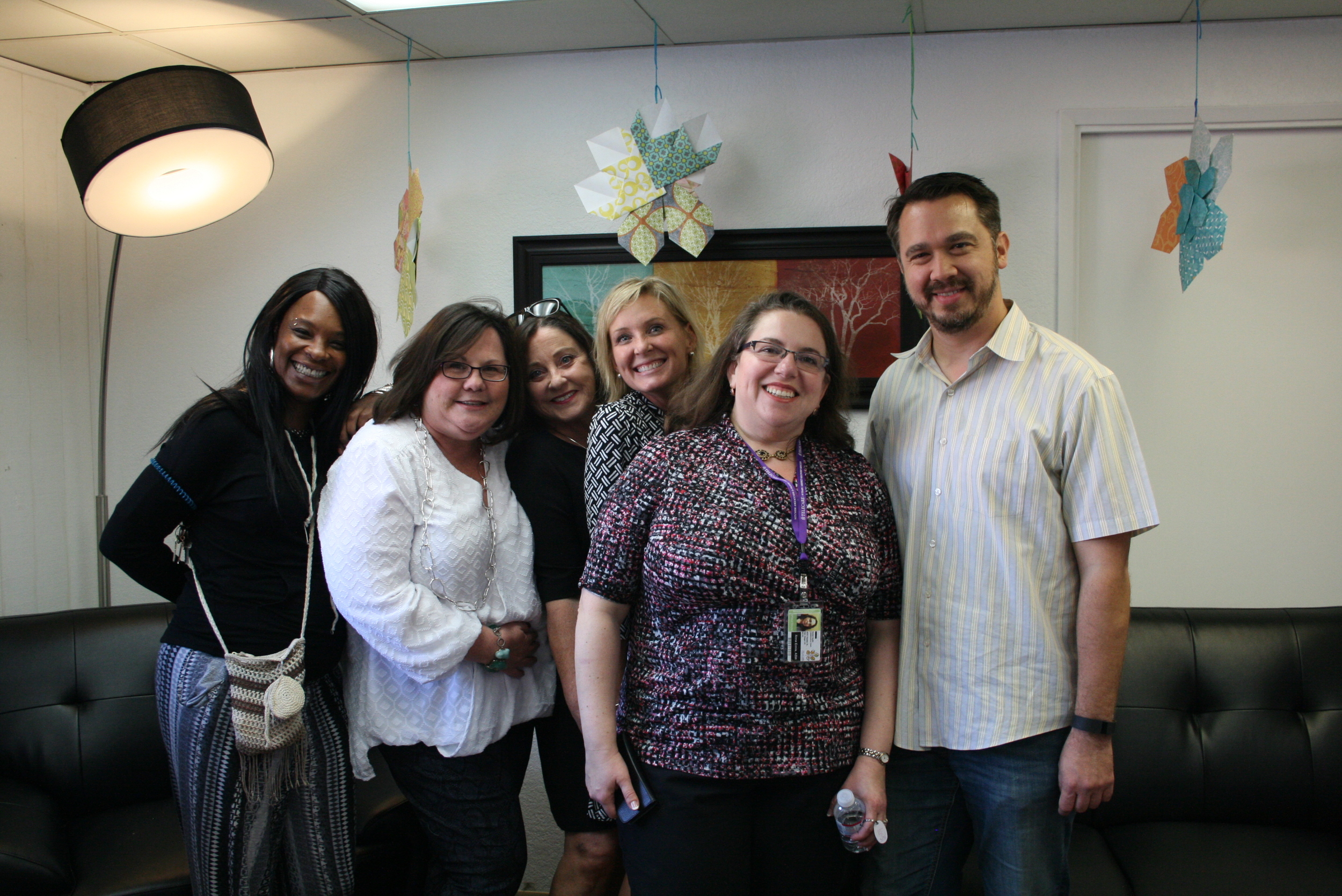Telecare Opens New Crisis Triage Program in Washington
/On September 14, Telecare opened the Thurston Mason Crisis Triage program, a new short-stay crisis triage and stabilization center located in Tumwater, WA. The secure, 10-bed facility was created in partnership with Thurston Mason Behavioral Health Organization and serves as an alternative to incarceration for individuals who are experiencing an acute psychiatric crisis and who have been involved with law enforcement. This crisis triage is the fourth acute program in Washington state.
A unique component of the program is its use of a Designated Mental Health Professional (DMHP) who evaluates individuals that are referred to the Crisis Triage program for involuntary psychiatric commitment by local law enforcement and the Thurston County jail. The DMHP will determine if the referred individual can be served effectively in the community.
Prior to its official opening, the Crisis Triage program held an open house on August 25 to meet with community members.
“Telecare has taken on one of our most challenging projects to date, a triage/evaluation and treatment facility that specifically focuses on jail diversion and partnering directly with local law enforcement and the criminal justice system for individuals with behavioral health needs,” said Kristy Lysell, Physicians of Southwest Washington Provider Network. “The experience, knowledge, and philosophy on the recovery-based, client-centered approach that Telecare offers provide real outcomes and results. This is exactly what this project will need to be successful. Thurston Mason Behavioral Health Organization is thrilled to be partnering with Telecare and they are a welcomed addition to our growing Provider Network.”
